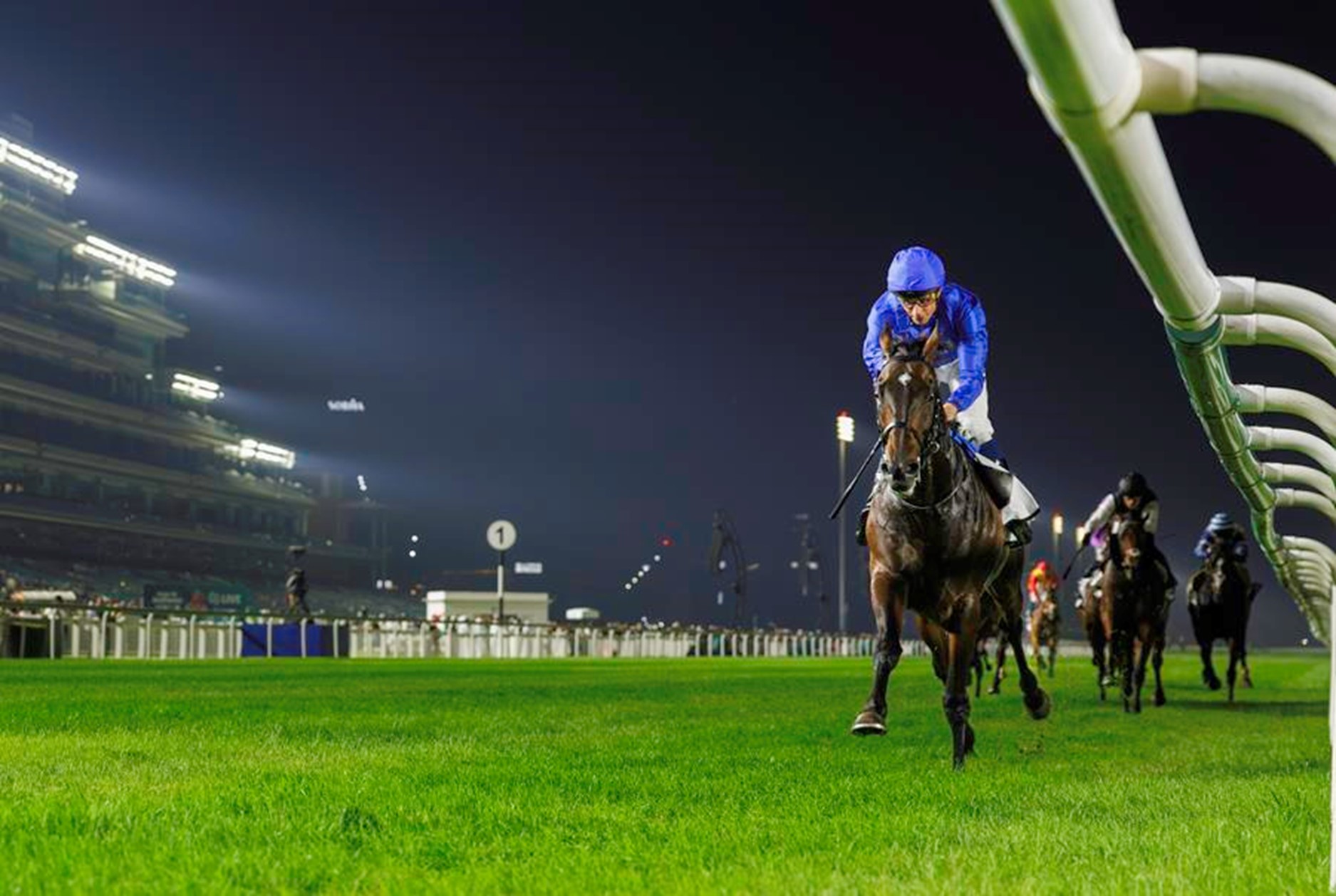The British Horseracing Authority’s “strict liability” regime on anabolic steroids, which was introduced in the wake of the Godolphin doping scandal in 2013, appears to be in tatters after the regulator’s independent disciplinary panel imposed a penalty of just £1,000 on the trainer Hughie Morrison, whose filly Our Little Sister returned the first steroid positive in British racing for four years after a race at Wolverhampton in January 2017.
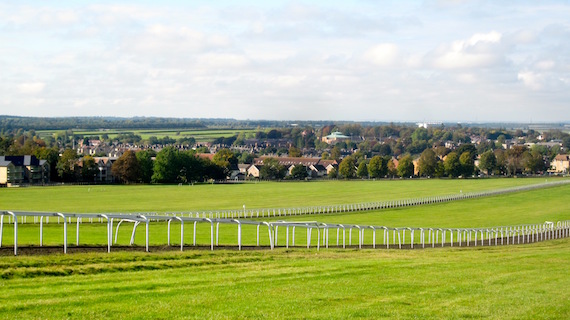
Newmarket Gallops (photo: Wikimedia)
The BHA’s guidelines on breaches of its anti-doping rules involving steroids are that a first offence should result in a ban from racing of between one and 10 years, with an “entry point” penalty, if there are no mitigating or aggravating factors, of a two-year ban. Morrison, who accepted that he was in breach of the rules which make a trainer strictly liable for any substance in one of their horse’s systems, had argued that he was the victim of a “malicious plot” and should not face any penalty as a result.
The panel ultimately decided to ignore the guidelines, use its discretion and impose only a fine, having decided that, “on the balance of probabilities, Mr Morrison was innocent of any involvement” in the administration of a steroid to one of his horses.
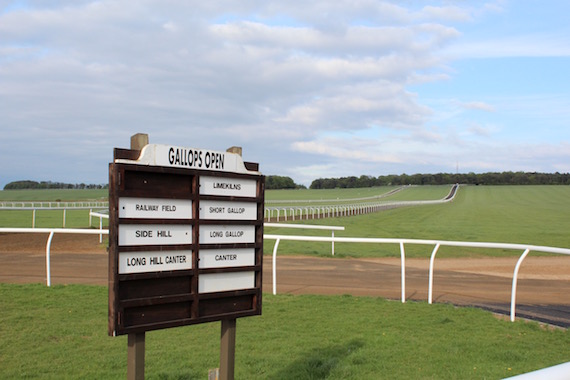
Newmarket Gallop openings (photo: Wikimedia)
In a statement Morrison expressed his delight at the result, saying: “I cannot overstate the stress that has been caused by this long-running case both for me, my wife, all my staff and connections, and the relief now felt having been rightly and so comprehensively exonerated.” Having argued at this week’s hearing that he had been the target of a “malicious” plot to dope Our Little Sister, he added: “The culprit who injected the filly is still out there so everyone needs to be on their guard.”
Jamie Stier, the BHA’s chief regulatory officer, said in a statement that “we respect the panel’s decision, the Rules of Racing have been upheld and the matter of penalty is a matter wholly for the disciplinary panel to determine.” The Authority is expected to issue detailed comment on the case when the panel publishes its full written findings, at a later date.
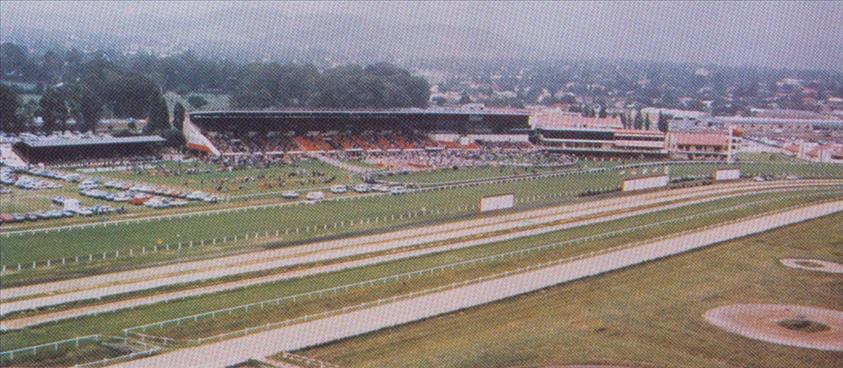 The summarised findings, however, make it clear that the panel reached its decision on the penalty despite accepting many of the BHA’s key arguments, and rejecting many of those put forward by Morrison.
The summarised findings, however, make it clear that the panel reached its decision on the penalty despite accepting many of the BHA’s key arguments, and rejecting many of those put forward by Morrison.
On the subject of Our Little Sister’s selection for dope-testing, for instance, the panel considered Morrison’s claim that it had been as the result of a tip-off – presumably by the malicious doper – and decided that it “was clearly not the case”. The BHA’s conduct of the case was also roundly criticised by Morrison’s team, yet in the panel’s view, “this attack wholly failed”. It also took a very dim view of an attempt to suggest that Imogen Pickard, who trains a small string of horses in Herefordshire, was linked to the doping in some way, a suggestion that the panel dismissed as “ludicrous”.
Yet still Morrison escaped with only a fine, and there is a strong sense in the panel’s reasons of a decision taken on a human level. Despite the guidelines, they could not bring themselves to impose even the minimum ban on a trainer who had never before had a horse test positive for anything, and whose entire string was clean when tested in early February.
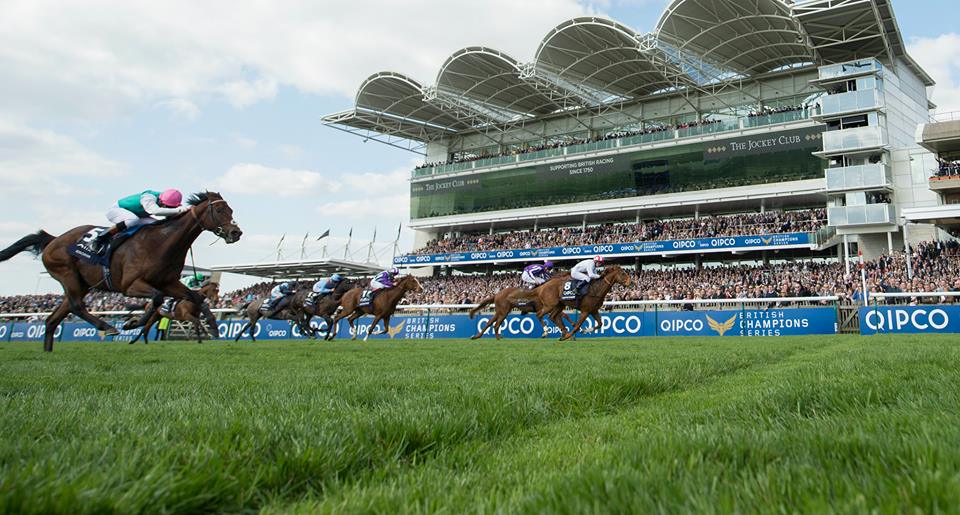 This is great news for Morrison, but much less so for the BHA in its struggle to keep steroids out of racing – a fight that should be vigorously supported by everyone who depends on the sport, whether for their livelihood or their entertainment.
This is great news for Morrison, but much less so for the BHA in its struggle to keep steroids out of racing – a fight that should be vigorously supported by everyone who depends on the sport, whether for their livelihood or their entertainment.
Making trainers strictly liable for every substance in their horses’ systems is a severe regime, but the ever-present threat to racing’s integrity from dopers is also severe. And the harshest penalties are reserved for anabolic steroids because these offer the greatest threat, by boosting performance for many weeks or even months after they vanish from a horse’s system.
When the use of an illegal drug is so difficult to detect, the penalty when it is detected must act not only as a severe sanction, but also as a significant deterrent to anyone who is tempted to cheat. The finding in the Morrison case creates a hole in the strict liability regime at which clever lawyers will now gnaw away like rats – unless the BHA acts to eliminate the panel’s wriggle-room, and ensure that strict liability means what it says.
-www.theguardian.com






